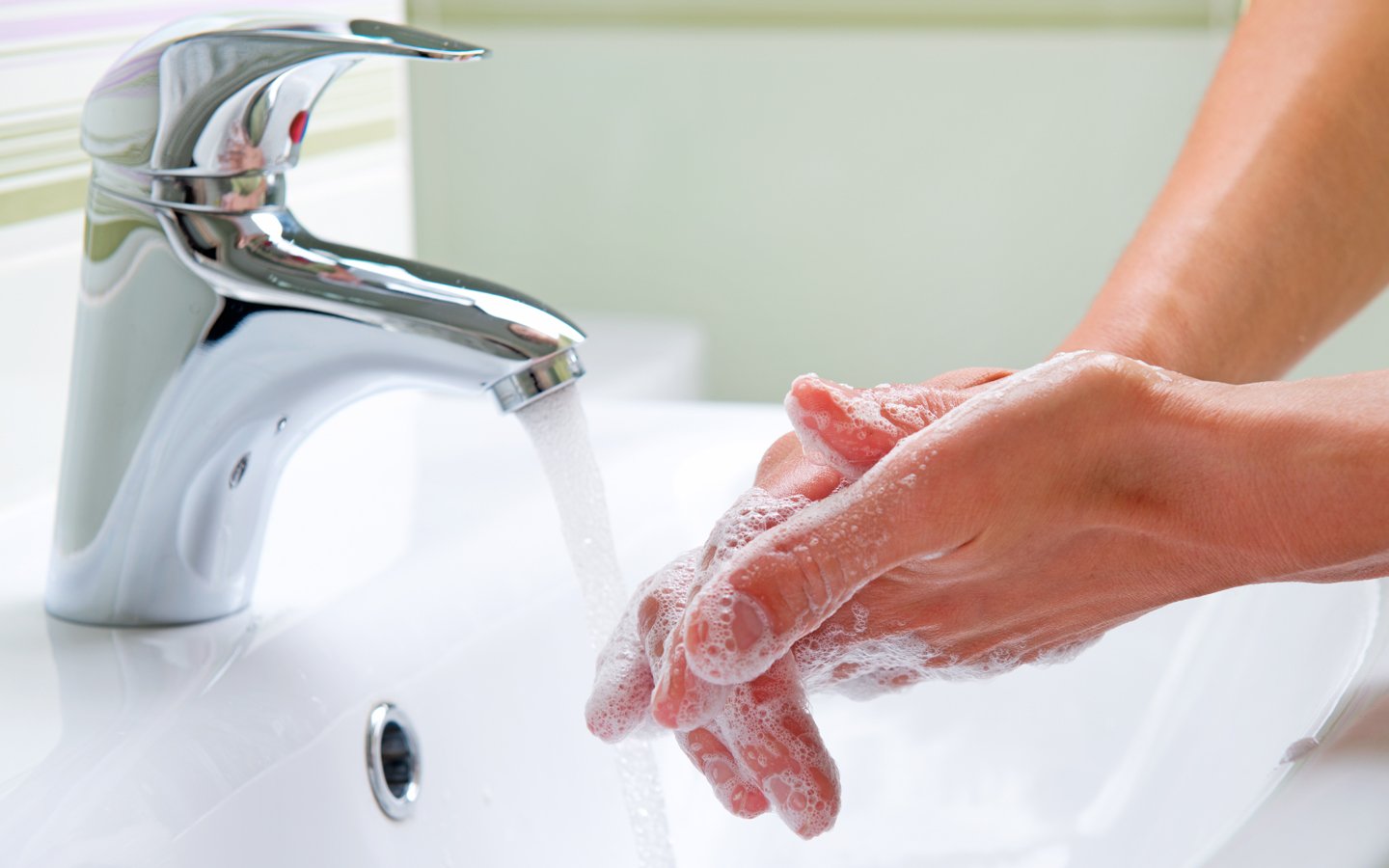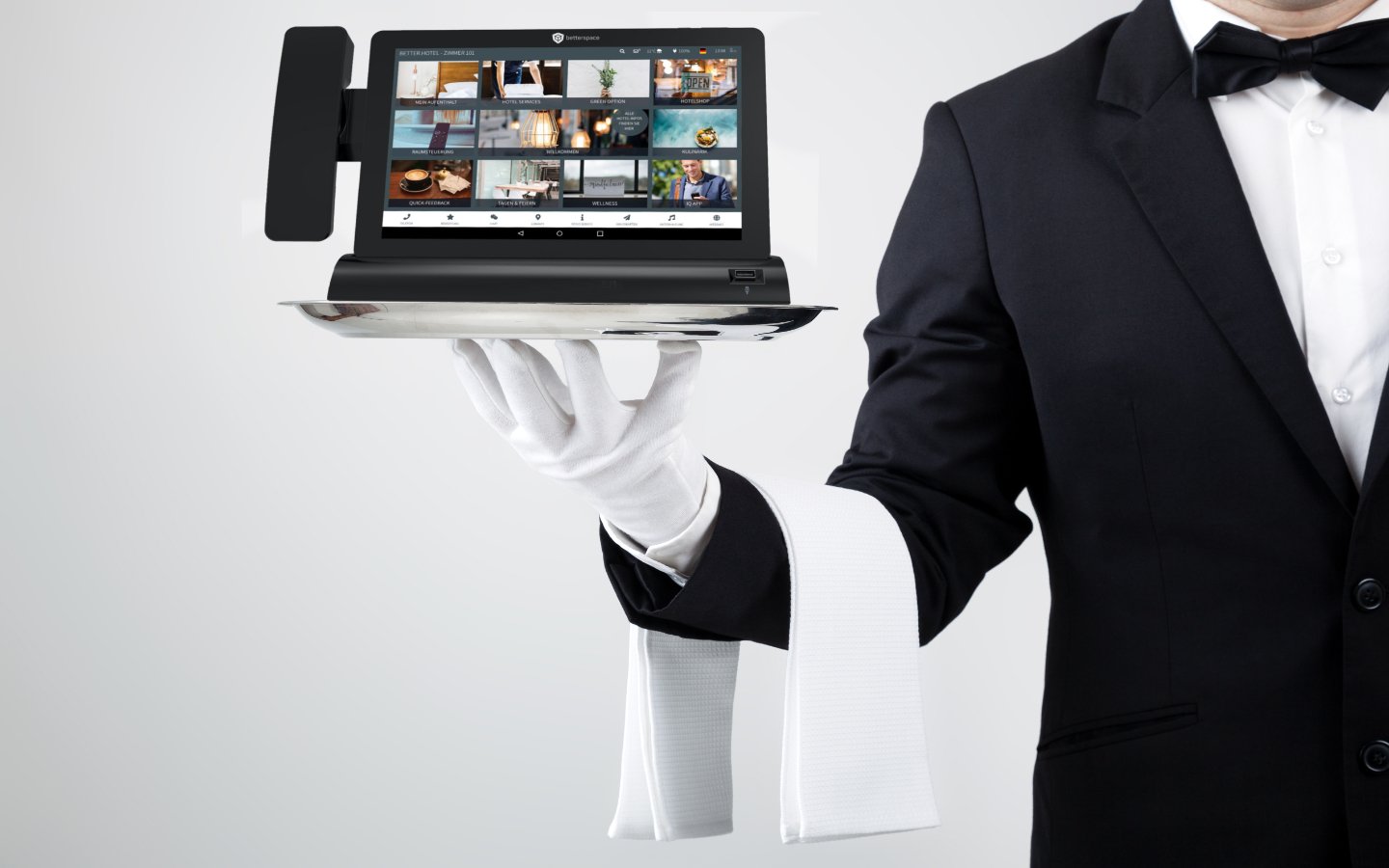Where is this journey going?
That the Corona pandemic will not only have short-term consequences for the hotel industry is no secret and just as unsurprising. Now summer holidays are just around the corner and the motto is: Get out of the home office! After months of the Corona virus dominating not only the news, but also people’s lives, they are longing for a break and a little normality in the daily chaos. In this article we have taken a closer look at what is already changing in travel behavior and what trends will be seen in the hotel market in the future.
1. Regionality and domestic travel
People want to travel and now prefer domestic travel. In some cases, closed borders make it impossible to travel to the desired holiday destination and travel warnings deter people from travelling abroad. The uncertainty caused by the Corona virus is great. After all, the current situation can change at any moment and the situation in foreign countries is particularly difficult to assess. Therefore, this year’s vacation will take place in the home country. And they will not necessarily take a staycation this year, because many people will have seen enough of their home during the corona lockdown. A large domestic hotel demand is extremely helpful for the hotel industry. This applies to both tourist and business trips. If domestic travel is allowed, hoteliers can probably look forward to local guests. After all, the own country has a lot to offer, which makes the desire for regionality sprout.

2. Changing demands for hygiene and safety
Hygiene and safety requirements have changed as a result of the Corona pandemic. Not only is more attention paid to regular hand washing. Everyday measures, such as mouth-nose covers or Plexiglas panels at supermarket checkouts, protect against virus transmission and give people a feeling of safety. Now a hotel employee with mouth-nose protection conveys that the hotel does not take the well-being and health of its guests lightly. A disinfectant dispenser at the hotel entrance is not only perceived as compliance with regulations, but as a service for the guest. It can be assumed that new hygiene and safety standards will be established in hotels. And it is quite possible that these standards will be maintained in the future.
The increased hygiene awareness will not decrease in the future. By visibly adhering to distance regulations and hygiene measures, you create trust among your guests. Trust is especially important in such uncertain times. After all, guests do not want to take any risks during their holidays. A good basis of trust is therefore currently an important competitive advantage over other hotels.

3. Corona makes individuality disappear
The Corona crisis has hit the entire hotel industry. The revenues lost during the Corona lockdown cannot be recovered. This will have a major impact not only on the hotel industry, but also on the entire tourism industry. In a study conducted in May 2020 by the online job exchange operator YOURCAREERGROUP, employees from the hotel, restaurant and tourism industry in Germany, Austria, Switzerland, France, Poland, Spain, Portugal, Mexico and a few other (non) European countries were surveyed. About 42% of the respondents stated that their business operations are already at risk. Clever approaches are now needed to successfully master the restart of the hotel industry.
A good capital reserve can provide a good cushion for hotels in the short term. But efficient operating processes are also needed now to successfully get off to a good start after Corona. Optimized processes, such as digital check-in, are a good example. On the one hand, the optimized process saves time, on the other hand it reduces costs in the hotel. Faster check-in relieves employees, delights guests and banishes paper chaos from the reception desk. And finally, this data no longer needs to be stored in paper form. Such approaches exist throughout the hotel. Now it is up to hoteliers to make smart use of the potential in their hotel.

4. The pressure of occupancy rate barriers
In some cases there are currently capacity limits for hotels. If the maximum capacity for hotels or the maximum number of guests in a restaurant is dictated, hoteliers must try to get the most out of their guests. The tourism industry cannot catch up on lost revenue. That is why it is now important to bring the occupancy rate up to the maximum permitted level and to maintain this occupancy rate at all times. Hoteliers can be expected to focus on driving up- and cross-selling. Additional sales should at least make up for part of the lost turnover. Creativity is therefore required to boost additional sales. Special service and guest experience are the main focus here.
5. Contactless and efficient: Digitization
Contactless service wins. The progress of digitization and the growing range of digital assistants makes it possible to implement many of the newly required hygiene and distance measures quickly and easily in the hotel. From digital check-in to employee communication apps and electronic magazines, there are many ways that digitization can help hoteliers and employees reduce contact points. Particularly in view of the new situation surrounding the Corona virus and the challenges it poses, digitization has enormous potential in the hotel industry. Digital assistants make it possible to maintain and even expand communication with guests without physical contact. Digitization is now more important than ever for the hotel industry.

Digital assistants not only help to maintain the service without physical contact. Digital support can also be used to optimize various time-consuming or frequently recurring processes. No long queues, digital storage of registration forms, reservations in the hotel restaurant with one click. Faster, clearer and simpler, digital assistants make various processes in all areas of the hotel. Smooth processes in the hotel are especially important now. On the one hand for guest satisfaction, but also to make it easier to implement distance regulations and hygiene standards. For example, give your employees and guests the opportunity to communicate digitally and avoid large gatherings in public areas. With effi cient processes, digital assistants reduce the associated workload for the hotel staff. In the end, hotels not only save money, but also valuable time. The ongoing digitization gives courage to hope for a safe hotel restart under Covid-19 conditions and to return and build on the revenues and successes of 2019.
6. The fight for regular hotel guests
It is to be expected that, especially in the restart phase of the hotel industry, the focus will initially be on regular guests. In the study on tourism in the Covid-19 period and thereafter by the Institute of Brand Logic, 78% of the respondents from the industry said they will focus on regular guests. 38% stated that they were looking for new customers. It is to be expected that for a successful new start after the Corona lockdown, the focus is on regular guests first. The effort to convince a regular guest to visit again is less than the effort to look for new customers. Regular guests know the advantages of the hotel. A personal e-mail can already help here to draw the guest’s attention to the hotel and its offers. Moreover, regular guests are more willing to spend more money. It is therefore important for hoteliers to first build up a good base of regular guests, if it is not yet available. Only in the following step do efforts to attract new customers increase.

A look into the hotel future after Corona
People want to travel, even in the time of Corona. Now hotels and guests have to adapt to new processes and standards. This does not mean that the new processes will remain forever as they are now being introduced after the Corona lockdown. But they could. After all, the innovations in every area of the hotel can be hidden potential for the future. Be it the digital check-in, which guests will want in the future and which is now an integral part of the hotel, or new routines for higher hygiene standards – the possibilities are many and varied, and so is the chance to improve something. Now is the time to think about operational procedures and to optimize processes. Not just for the time after Corona, but for a successful future of the hotel.
